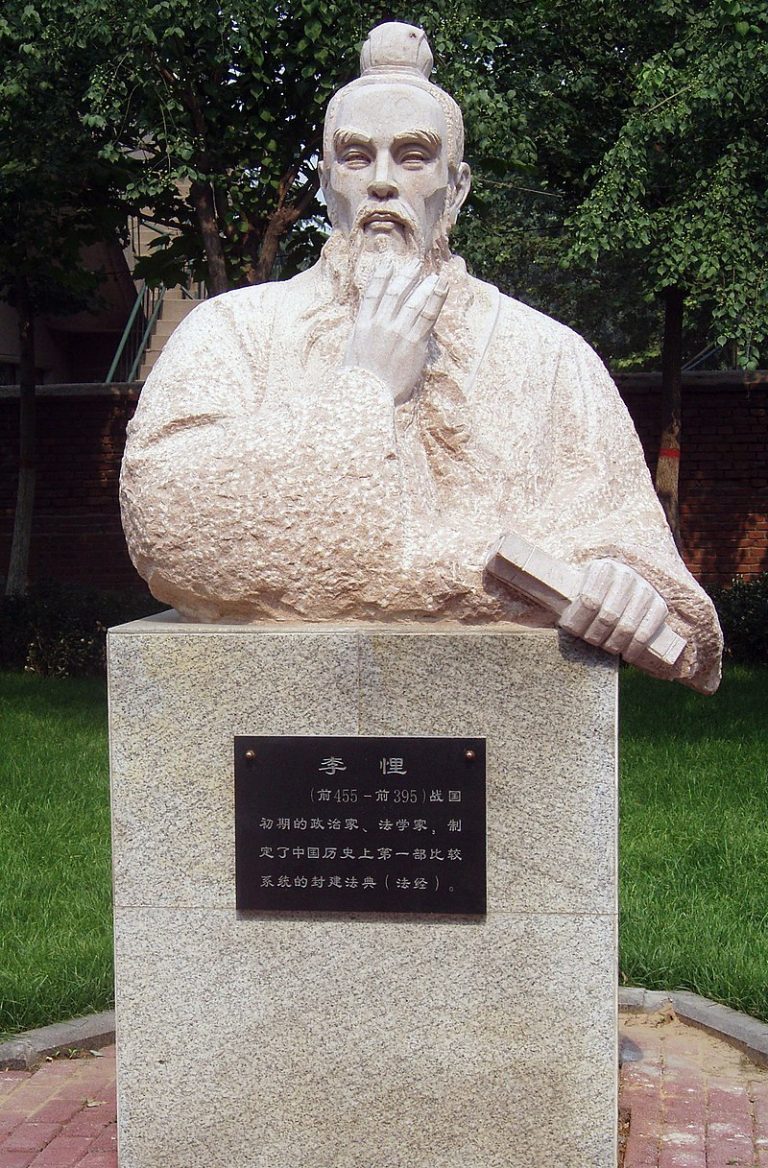The Records of the Grand Historian (史記) relate the following story:
The Lord Wen of Wei (魏文侯, reign 445-424 B.C.) wanted to appoint a prime minister. While he understood the importance of choosing a person with good character and virtue, of the two good candidates, Wei Chengzi and Zhai Juan, he was puzzled about how to judge which man had the better character.
He sought the advice of strategist Li Ke. The lord said, “There is a proverb that says, ‘A poor family requires a good wife, a country in turmoil requires a good leader.’ Wei is in a state of turmoil, and I urgently need a competent and virtuous prime minister to assist me. Both Wei Chengzi and Zhai Juan are good, but I cannot decide whom to pick. Please tell me which one is better.”
Li Ke did not answer directly, but said, “Your Majesty, if you examine them properly, the answer will be clear.”
The Lord of Wei asked, “How am I to examine them? Is there a standard for judging character?”
Success
You are now signed up for our newsletter
Success
Check your email to complete sign up
“Of course there is,” Li Ke replied. “If you examine a person’s behavior under nine circumstances, you will know who you are dealing with.”
The nine circumstances
In principle, Li Ke’s idea is similar to the saying that power is the greatest test of character. However, power is expressed in many different ways, and how a person acts in these various situations are all reflections of his moral strengths and weaknesses:
1. Prosperity, observe his manners (通,觀其所禮)
When a person has everything going for him, we should see whether he is still modest and prudent, courteous, and obeys the rules.
2. Prestige, see whom he recommends (貴,觀其所進)
When a person has a high status, look at what kind of people he recommends. By evaluating the people he promotes, we can determine a part of his character.
3. Wealth, watch how he spends money (富,觀其所養)
When a person has money, look at how he spends it, whom he spends it on, and where. When a person cannot afford to spend money he is frugal by necessity. But whether a wealthy person is frugal or frivolous with his money reveals the essence of his character.
4. Friends, assess his companions (居,觀其所親)
Who are his friends? If he is close to wise and diligent men, he can be relied upon; but one who passes his time with unsavory individuals likely has some deficiency of his own.
5. Consistency, does he do as he says? (聽,觀其所行)
Upon hearing what a person has to say, you can watch his behavior to see if it matches his words. As the saying goes, “Actions speak louder than words.”
6. Leisure, observe his hobbies (止,觀其所好)
A person’s hobbies can reveal his true goals and values.
7. Constancy watch what he says (習,觀其所言)
What a person says when first meeting you may be important for breaking the ice, but is of little actual substance. After you have known him for a long time, think about whether what he says in the present matches what he said in the past. The greater the discrepancy, the worse his character is!
8. Poverty, take note of what he refuses to take (窮,觀其所不受)
Whether a person is poor or not is not important. A person who is poor but who does not take advantage of others or gain wealth by underhanded means has a good nature.
9. Low status, observe what he does not do (賤,觀其所不為)
Status is not important. If a person is of low status, but maintains his dignity and is neither subservient nor arrogant, his nature is exceptional.
Hearing the above, the Lord was enlightened. He told Li Ke, “I understand what to do now. You may rest.”
Character assessment in action
Li Ke bade farewell to the Lord of Wei and left. He soon ran into Zhai Juan, one of the candidates that the lord had in mind. Zhai asked Li, “I heard that the Lord of Wei asked you to discuss who should be the prime minister. Has it been decided yet?”
Li replied, “Yes, Wei Chengzi will be chosen as prime minister.”
Zhai was upset and asked, “How am I inferior to Wei Chengzi? When the lord needed a governor for Xihe, I recommended Ximen Bao to him; when the lord wanted to attack Zhongshan, I recommended Leyang; when the lord’s son did not have a tutor, I recommended Qu Houcian. As a result, Xihe was ruled, Zhongshan was conquered, and the son of the Lord grew in virtue. Why shouldn’t I be the prime minister?”
Li replied, “How can you compare with Wei Chengzi? Ninety percent of Wei Chengzi’s salary goes to recruiting talents, so three great characters were recruited from outside the country. He recommended these three men to the lord, and the lord treated them as teachers. But the men you recommended were only those already in the service of the lord, so how can your deeds be compared with those of Wei Chengzi?
Zhai Juan thought for a long time and felt ashamed. He said, “You are right. I am indeed no match for Wei Chengzi.
Sure enough, the Lord of Wei made Wei Chengzi the prime minister.












